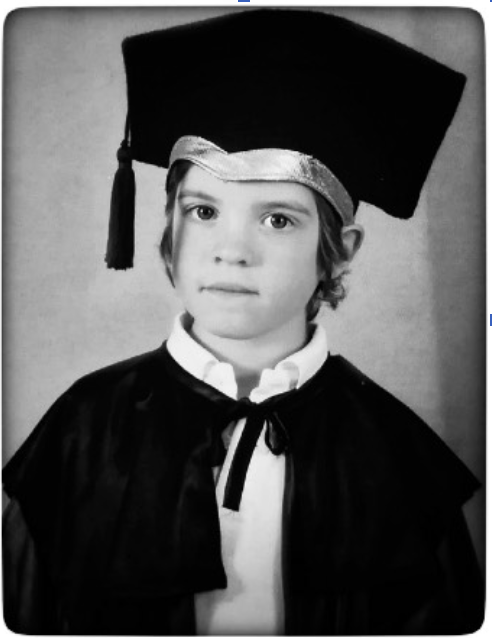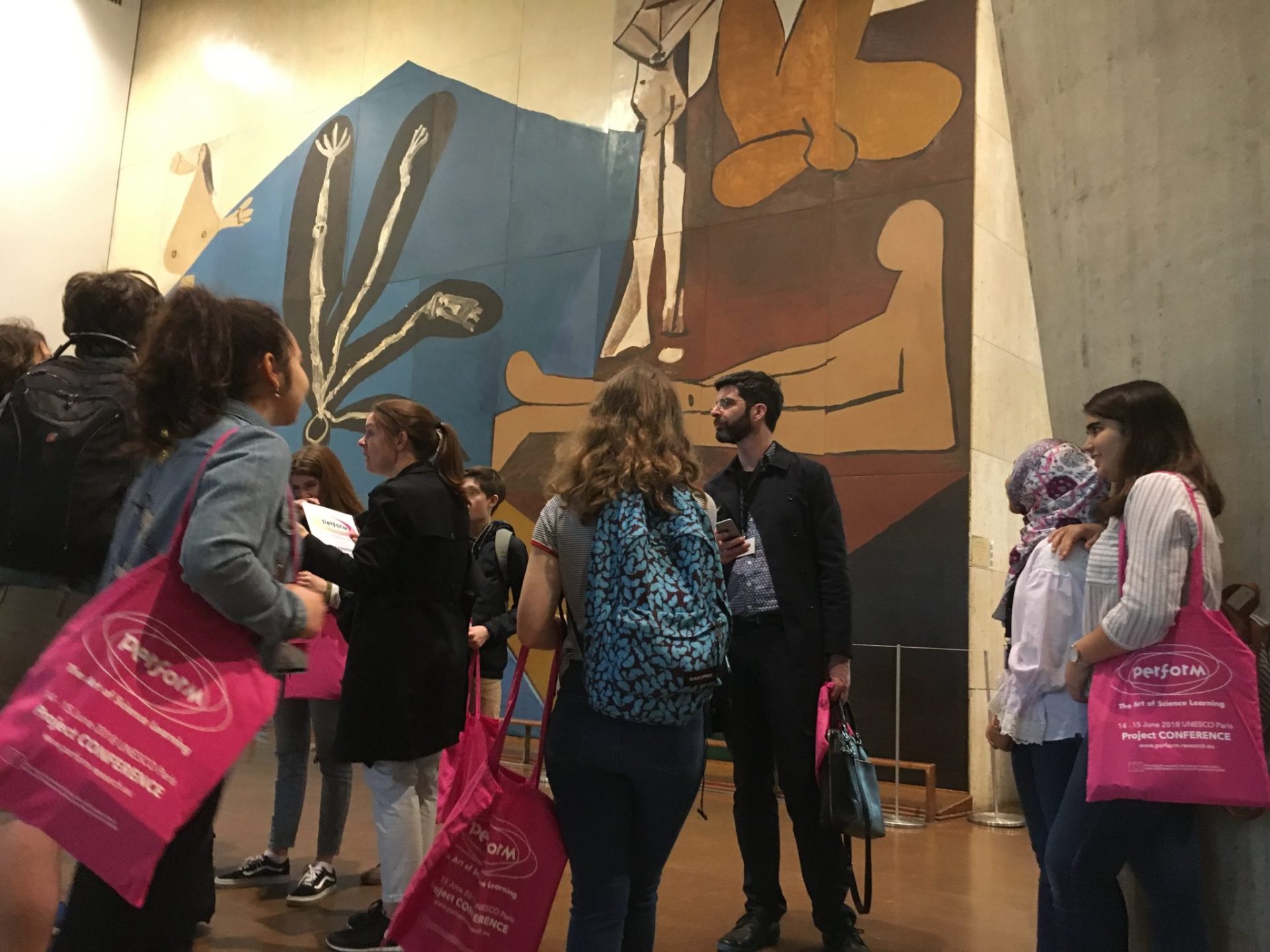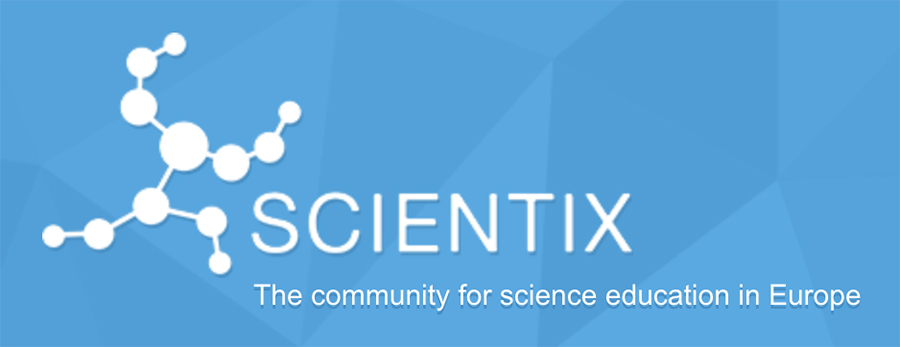Perform is a project funded by the European Union under its Horizon 2020 framework program to innovate science education methods. It aims to combine performing arts and scientific research through participatory learning processes involving students from secondary schools, their teachers, early career researchers and science communicators. A team of European research institutions and professional performers with a longstanding experience in science and technology communication have been working over the last two yeas to evolve the way science shows and performances can incorporate students expectations, values, reflections around the wide concept of responsibility in research and innovation. Enjoy the third issue of the project Newsletter focusing on creativity as a motor for innovation in education.
by Martha Crean
Through PERFORM we chose to integrate performing arts methods into science teaching to explore whether this could impact on engagement with the subject. In particular, we wanted to know whether performance methods could be effective in leading secondary-aged students to develop a more reflective understanding of science and current research and helping them to consider purposes, values and how science becomes reality. PERFORM’s teacher training and subsequent toolkit proposed a range of interactive, creative teaching methods to support teachers to independently integrate discussion on science and society into their classrooms. This article briefly summarises the key resources presented in the toolkit and the thinking behind them.
 Creativity in Science Education
Creativity in Science Education
By Daniel Erice
Mateo is a six-year-old boy who will enter primary school next course. He’s got years of learning ahead; tens of teachers to meet; tons of maths, science, literature to learn… and an uncertain future. Mateo’s generation will have to face big challenges, like the change in the meaning of reality or the sense of privacy. They will need to fight against inequality, or climate change. They will be compelled to deal with overpopulation. And they will, quite probably, be the first generation to settle in a different place than the Earth. How can we prepare Mateo’s generation to be ready to all these challenges? It is our responsibility to give them the tools to make them able to find the good responses to them all. And education is the best way to do it.
By Leonardo Alfonsi and Claudia Aguirre
More than 200 delegates from 22 countries and representatives from 47 international delegations from UNESCO met in Paris on the 14th and 15th of June to share, reflect and discuss about the combination between science teaching and learning and performing arts.
Jointly with the professionals from the field of research, teaching and science communication who took part in the conference, young students from Spanish, English and French schools joined the PERFORM Conference.
Arts-based science education and gender bias
How arts-based science education can contribute to address gender bias and stereotypes in educational and team-collaborative settings?
A recent article published on Scientix Digest summarizes the ouctomes of the 12th Scientix Projects Networking Event, which was organised by Scientix in collaboration with the PERFORM and GEDII projects, funded by the Horizon 2020 framework of the European Union for research and innovation.



